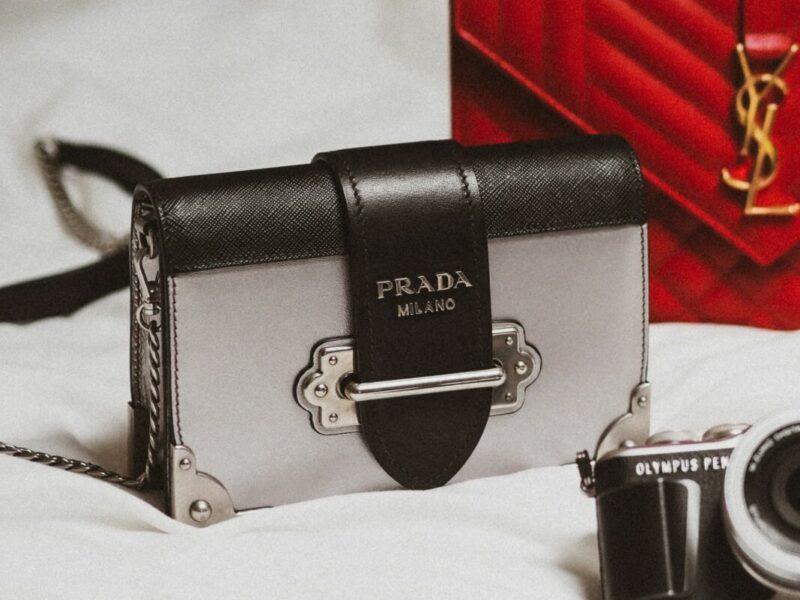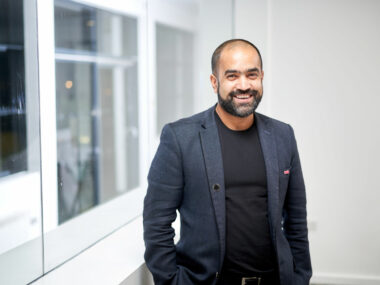Every business type presents its own unique challenges, sometimes it’s finding an audience, whereas other times it might be procuring hard-to-find materials to create a product or service. Sometimes, it’s a case of longevity, and whether you build brand awareness and stickiness that lasts. Many startups fail early on, and the odds of survival start very small, and gradually increase as you go along. Only a handful ever make it to a decade old. One of the most difficult types of business to build, due in no part to the unpredictability of cash flow, fine margins and high costs, is a luxury brand.
In the UK, a reasonably affluent country, there are lots of reasons to want to start one. Some of the most established, best-loved and successful brands in the world are British luxury brands that have existed for, in some cases, hundreds of years. But building a luxury brand isn’t just about lasting a long time. As a startup in the modern world, you need to be smart, savvy and have your finger on the pulse of what makes luxury brands work.
Do your groundwork
Setting up a business in the UK fundamentally means you can’t cut corners. A brand with integrity and a good reputation needs to be totally above board, from its insurance and taxation to its treatment of employees and means of production. The price of failing to meet certain standards can lead to two things, financial costs and bad press, which typically hit smaller businesses hard.
Say your production process for a luxury clothing brand fails to maintain safety standards. Regardless of the quality of those garments, a personal injury claim from an employee in the UK, without adequate representation could mean fronting up compensation for personal injury claims that often exceed the tens of thousands in total costs to a guilty party. In addition, losing these kinds of cases potentially attracts poor press coverage and a toxic brand image that people are less likely to want to work for or buy from. Fail to meet tax obligations, or choose not to employ an accountant, and expect either poor cash forecasting, or likely hefty fines from HMRC. One major legal case failing or an unexpected financial hit can shut down a business in its earliest days.
Be rare, but there
Luxury has integrity and quality. It doesn’t just meet standards, it has to be exclusive, and a low supply always helps with this. You might want to make the avenues of purchase slightly less obvious, for example only selling at high-end events, or through membership, something that supercar brands use often. Equally, you need to provide customer service that exceeds the norm. Even as an e-commerce business, you’re going to be expected to deliver goods in a certain way, with the touch of quality that simply justifies the price tag.

Premier Package
Presentation has become somewhat the benchmark of what makes luxury so recognisable. Whether you’re working with food, beverages, clothing or vehicles, the way these items look often highlights their premium quality. The iconic logos and labelling of Dom Perignon, Rolex or Louis Vuitton built brand recognition by their easily identifiable branding. It takes time to build that, but it’s always crucial to think about the packaging as part of the product when it comes to luxury goods.
This article alone won’t do the entire job of explaining how building a luxury startup works. What’s more, success isn’t guaranteed just by doing everything ‘right.’ As an entrepreneur and founder, while your new brand might have it all, you need to be the energy that drives the business forward. Take risks, make connections and believe in the journey. Becoming the next big luxury brand doesn’t happen overnight, so celebrate your small wins and remember the brand you want to build is going to be a product of all the work you put into it in those early days.







